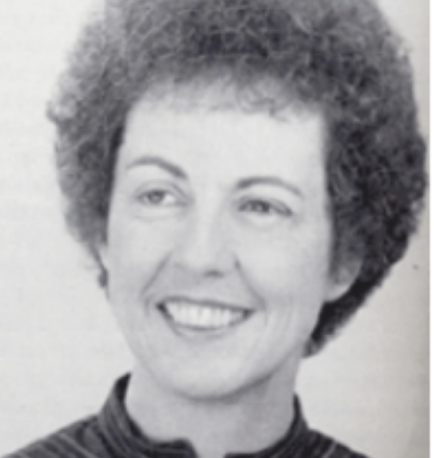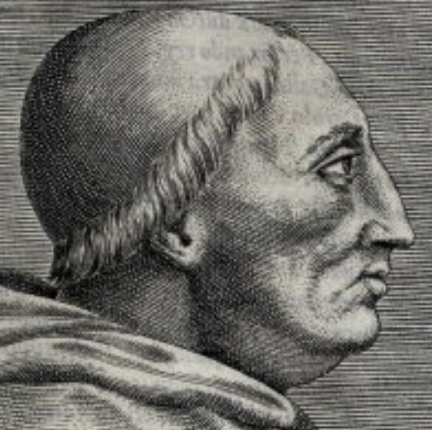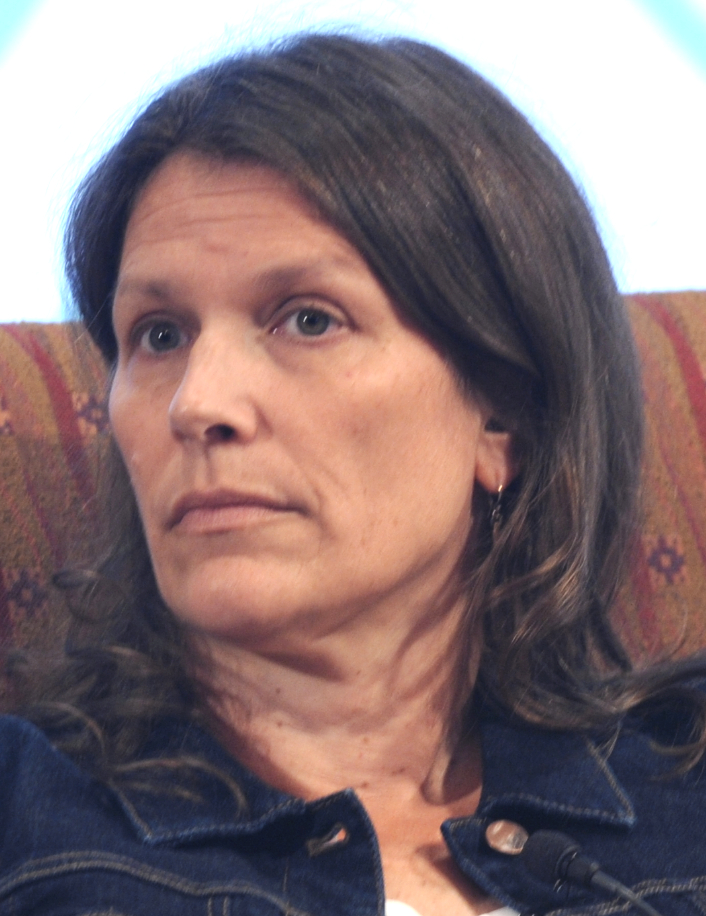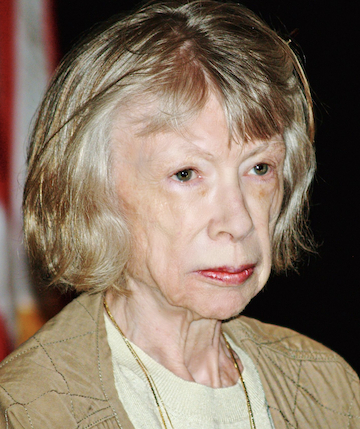December 5
Sonia Johnson (Excommunicated)

On this date in 1979, Equal Rights Amendment supporter Sonia Johnson was excommunicated by the Church of Jesus Christ of Latter-day Saints for supporting women’s equality and exposing the role of the Mormon Church in lobbying against the defeated constitutional amendment.
PHOTO: National Women’s History Museum
—
‘Witches Bull’ Issued

On this date in 1484, the notorious “Witches Bull” (Bull Summis desiderantes) was issued by Pope Innocent VIII. Historians estimate that victims put to death as a result ranged from 600,000 to more than 9 million over the 250 years of the witch hunts.
— Image: Innocent VIII (Giovanni Battista Cybo, 1432-92)
Carolyn Hax

On this date in 1966, author and advice columnist Carolyn Hax was born in Bridgeport, Conn. She attended Harvard University, graduating in 1988 with undergraduate degrees in American history and literature. She then worked as a writer and editor for different publications, including the Army Times and the Washington Post.
In 1997 she started her advice column called “Tell Me About It” for the Washington Post. The “Carolyn Hax” column now runs three days a week in over 200 publications, with the goal of giving honest advice to those who ask for it. She has contributed to several books and published her own book in 2001, Tell Me About It: Lying, Sulking, Getting Fat … and 56 Other Things Not to do While Looking for Love.
Hax, in an interview published by the Washington Post on May 30, 1999, said she bases her advice on the Golden Rule. This maxim was repeated by many cultures, including the ancient Greeks and Chinese, and was first recorded by the ancient Egyptians. “You don’t have to believe in God to see it is the perfect, working guideline for doing unto others,” Hax said.
She was married to her column’s cartoonist, Nick Galifianakis, until 2001. Galifianakis continues to illustrate her columns. She married Ken Ackerman in 2002, and they have three children together.
“Your happy atheist advicemaker proudly presents the serenity prayer:”
— Hax, responding to a reader overwhelmed by her parents' health issues (May 28, 2013)
Joan Didion

On this date in 1934, author and journalist Joan Didion was born in Sacramento, Cal. Renowned for her unflinching depiction of psychological fragmentation and grief in the memoir The Year of Magical Thinking (2005), Didion’s literary journalism documents turbulent eras in American history, such as in the collection entitled The White Album (1979). Later, Didion explored the corruption of American political institutions and changing political strategies in the late 1980s in the collection After Henry (1992).
The Year of Magical Thinking detailed the deaths in less than 2 years’ time of her husband, the writer John Gregory Dunne, and their daughter Quintana Roo Dunne. It was a Pulitzer Prize finalist in the biography/autobiography category. Writing in Vanity Fair in 2011, Christopher Hitchens called Didion’s memoir Blue Nights (2011), in which she recounted Quintana’s death, a “supremely tender work of memory.” Didion was presented with the National Humanities Medal in 2013 and her life was made the subject of a documentary, Joan Didion: The Center Will Not Hold (2017).
Didion was raised Episcopalian but identified with agnosticism. In a 2006 interview on religion and grief, Didion said, “If I had been going to find comfort in religion I would have found it before now.” When asked about the rituals pertaining to death, which often presume the existence of the afterlife, Didion expressed skepticism, “It’s one of the clichés people say to you after a death: ‘He lives in our memory, she lives in our memory.’ I mean I don’t disbelieve; I just don’t believe. It is an agnostic position.” (Beliefnet.com, 2006)
Didion’s rhythmic prose style did not spare her more contemptible subjects from unflattering depictions, as is evidenced by her essay “God’s Country” (2000), in which she reserved a special ire for evangelical Christianity and its influence over American politics.
She died from complications of Parkinson’s disease at her home in Manhattan at age 87. (D. 2021)
PHOTO: Didion at the 2008 Brooklyn Book Festival in New York; photo by David Shankbone under CC 3.0.
“The willingness to accept responsibility for one’s own life is the source from which self-respect springs.”
— Didion, “On Self Respect,” "Slouching Towards Bethlehem" (1968)
